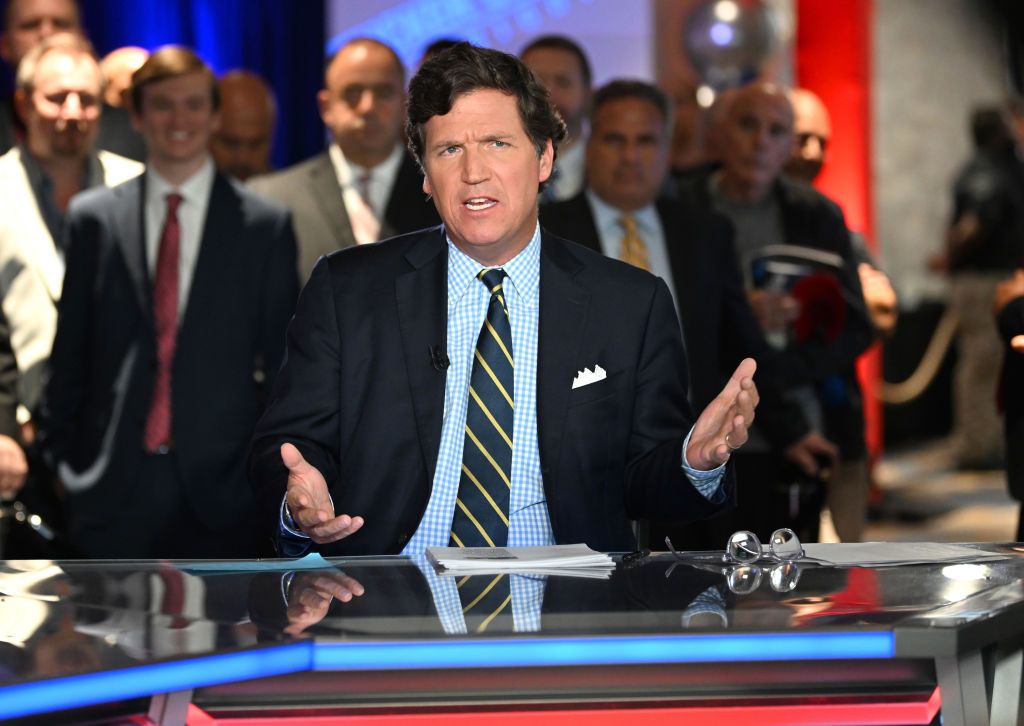Stoltenberg: Strengthening Europe's defense capabilities 'not an alternative to NATO'

NATO Secretary General Jens Stoltenberg welcomed European allies' efforts to strengthen their own defense capabilities but said that this policy "is not an alternative to NATO" when commenting on Donald Trump's recent anti-NATO comments.
Trump, who is seeking re-election, drew criticism for saying on Feb. 10 that he would not protect NATO countries who fail to meet their spending commitments. "In fact, I would encourage (Russia) to do whatever the hell they want," he said at a campaign rally.
U.S. President Joe Biden said that Trump's statement sent a dangerous and "un-American" message to the international community, calling it an "invitation" to Russian President Vladimir Putin to invade NATO allies.
At a press conference ahead of the meetings of NATO defense ministers in Brussels, Stoltenberg was asked by a journalist whether Trump's statements "will signal the beginning of the end of NATO and the beginning of something else in Europe."
"I welcome that European Allies are investing more in defense. NATO has called for that for many, many years, and NATO has also called for European Allies to invest more in high-end capabilities, more forces, and high readiness. Now, European Allies are delivering that, and that is a good thing. But that is not an alternative to NATO," Stoltenberg replied.
"That is actually a way to strengthen NATO, and we should not pursue any path that indicates that we are trying to divide Europe from North America. The strength is that we have Europe and North America together in NATO. "
Non-EU NATO Allies cover 80% of NATO's defense spending, and "this is not only about resources but also about geography," Stoltenberg said.
"If we look to the South, we have Turkiye, a non-EU Ally but important for the Southern flank. In the North you have countries like Norway and Iceland, perhaps not the biggest military powers but still extremely critical for the Trans-Atlantic link, for the protection of North America and Europe. And in the West, you have the United States, Canada but also the United Kingdom," he explained.
"So the strength of NATO is that we bring Europe and North America together; together, we have 50% of the roles of economic might; 50% of the roles of military might, so as long as we stand together, we are able to send a message to any adversary that we are able to protect all Allies."
Biden addressed Trump's inflammatory claims in a statement urging the House of Representatives to pass a supplementary funding bill that would send $60 billion in security assistance to Ukraine. The Senate passed the bipartisan aid package early on Feb. 13.
Republicans in Congress have stalled aid to Ukraine for months in a contentious debate about the U.S.-Mexico border. Trump, the Republican front-runner in the 2024 elections, has lobbied aggressively against bipartisan border legislation and aid to Ukraine.














